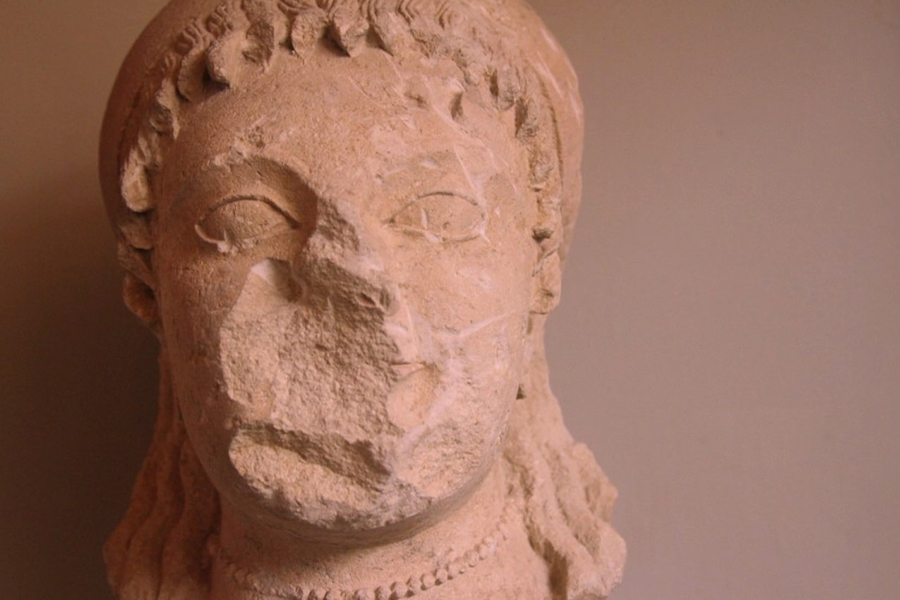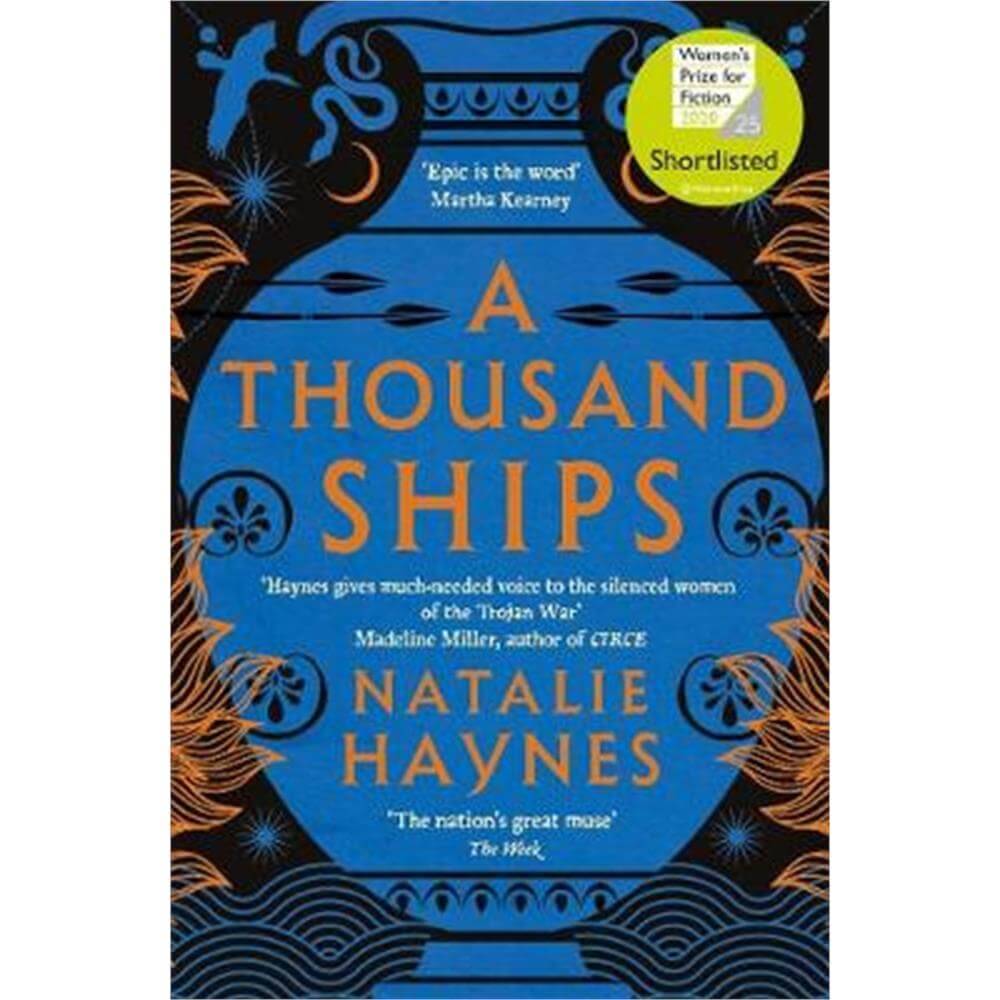

She is not a dabbler: as a doctoral student working on political sex scandals in ancient Rome, she can handle the sources – and their endless problems – with sophistication, while keeping it palatable for the general reader. So Cargill-Martin grasps the nettle and attempts the first ever biography. And Messalina matters as a historical fact: she defined Roman ideas of what an “empress” was, when the empire was very new. How marvellous that we can really know that senators sacrificed flamingoes to the deified Augustus, and that Essex was briefly trampled by Claudius’s war elephants. But I admired her for not doing that, and pursuing instead that unfashionable mistress: the truth.Īfter all, Rome in the first century AD – its population of one million not matched by London until 1810, and New York in 1875 – is somewhere about which we are spoiled to have so many hard facts.

It certainly would have sold – perhaps even on a Fifty Shades of Grey scale. She could have joined the queue of novelists giving voice to a smothered classical female (see: Pat Barker’s The Girls, Madeline Miller’s Circe, Natalie Haynes’s A Thousand Ships).

What about fiction? Honor Cargill-Martin has already co-written children’s novels. It was the same story for Baudelaire, the Marquise de Sade and EM Delafield.

In the 19th century, the official medical term for a nymphomaniac was a “Messalina”. witch, hell-cat most insatiate whore that ever cleav’d to the loynes of letchers,” as Nathanael Richards called her in his 1640 Tragedy of Messalina. She is the “whore empress” of Juvenal’s Sixth Satire the “top gallant strumpet. But she is ill-suited to such a treatment, because she has always – magnificently, but monotonously – symbolised one thing: nymphomania. The Senate ordered what we now call damnatio memoriae: her name was chiselled off monuments and her statues resculpted in the likeness of her successor, Agrippina.Ī fashionable workaround would be the “cultural history”: posthumous glimpses of her in art and literature, demonstrating that each century gets the Messalina it deserves. Her downfall, according to Tacitus (who wasn’t born at the time), was precipitated by her bigamous wedding to a handsome senator in a Bacchanalian orgy while her husband, the emperor Claudius, was out of town. How do you solve a problem like Messalina? A straight biography is nearly impossible: the ancient accounts of her short life are ludicrously hostile, written decades, and in some cases centuries, after her execution in 48 AD.


 0 kommentar(er)
0 kommentar(er)
